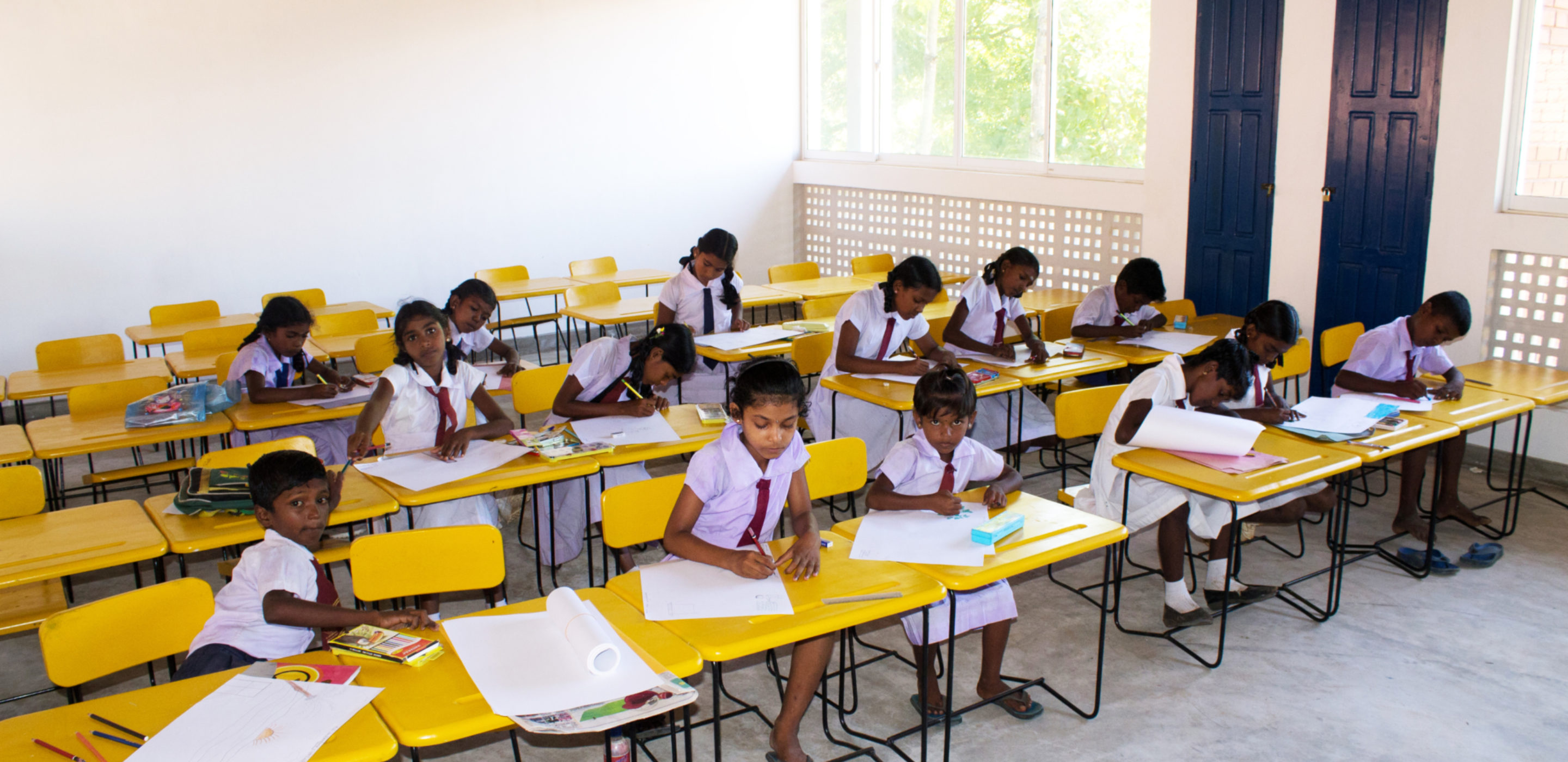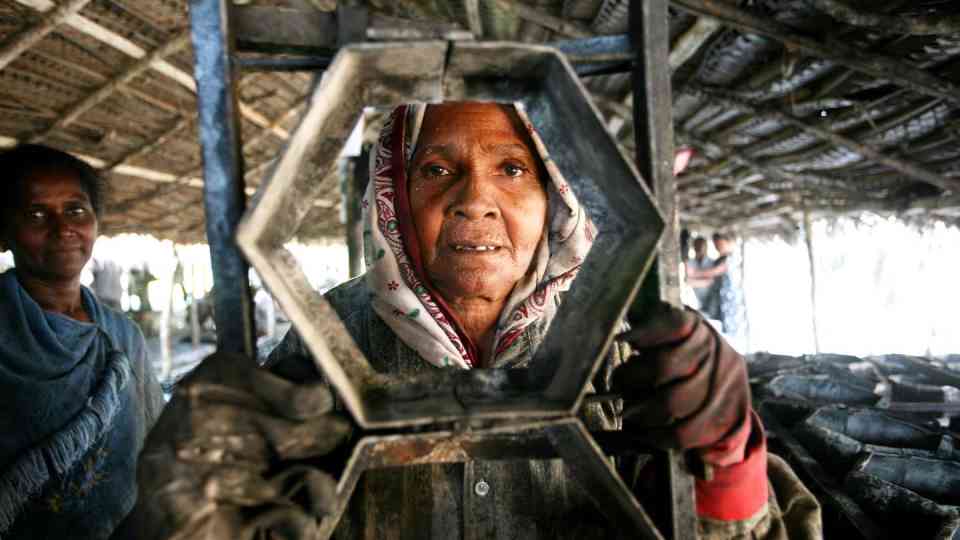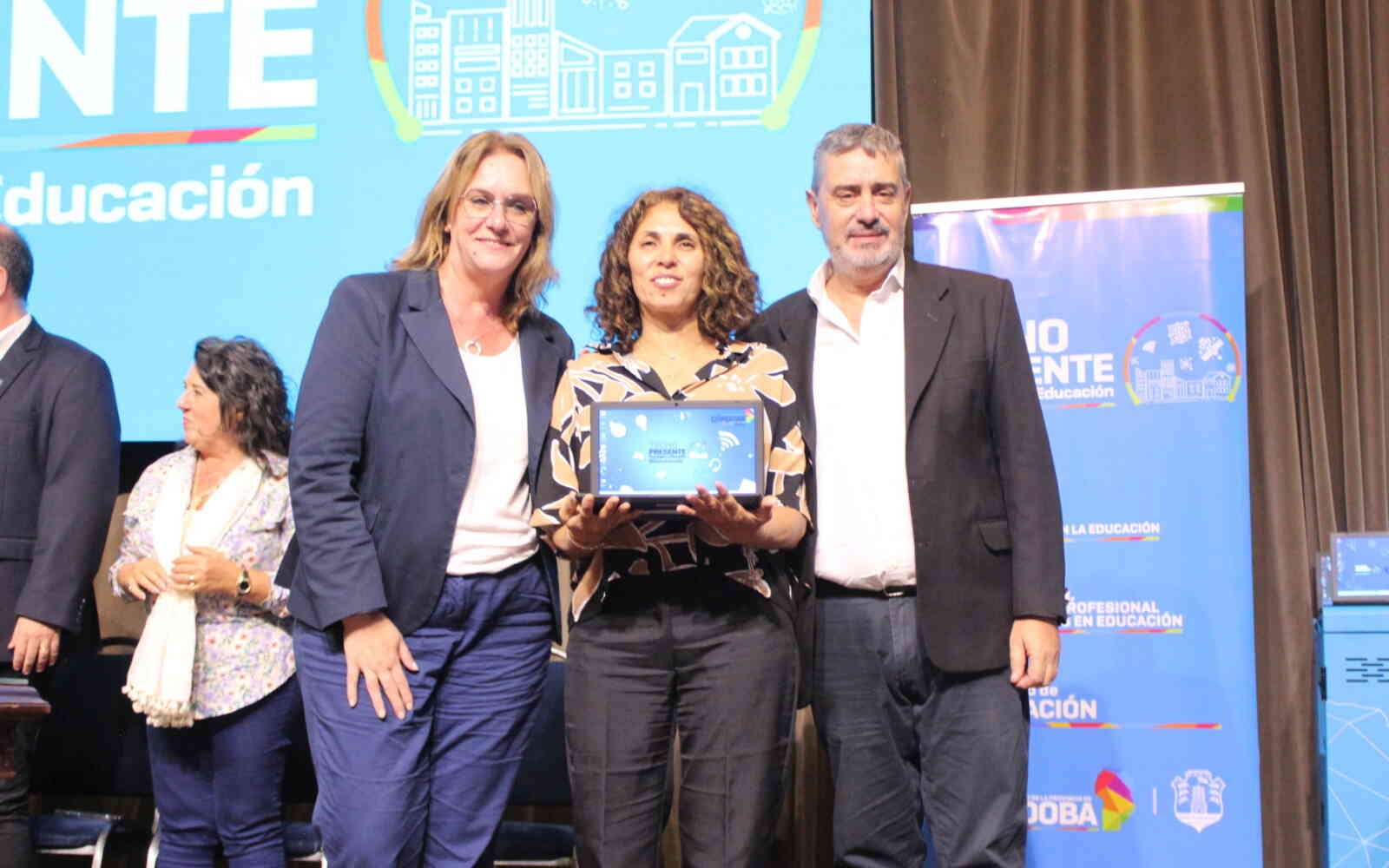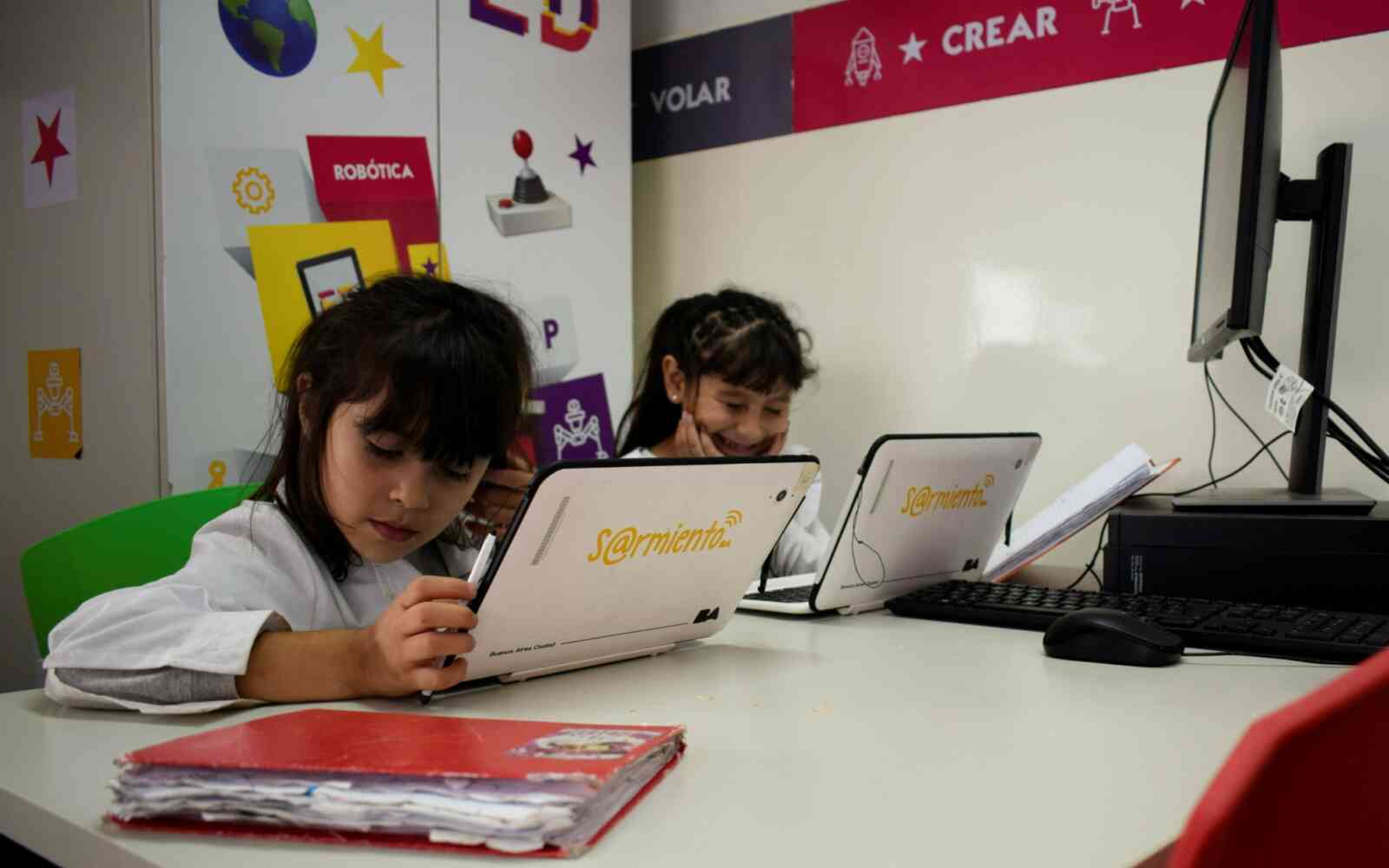The United Nations Office for Project Services (UNOPS)

Renovated schools boost sustainable development in Sri Lanka
Seven thousand students in Sri Lanka’s Eastern Province are benefiting from newly renovated schools, as part of the Government’s efforts to boost education and reconciliation in the country.
Background
During the past three decades, Sri Lanka experienced large scale disruption and upheaval in the north and east due to a conflict between the Sri Lankan Government and the Liberation Tigers of Tamil Eelam. The day-to-day existence of many communities in these regions has been severely affected, with many vital facilities destroyed or damaged, and vast numbers of people displaced.
Since the violence ended in 2009, aid to the region has been largely focused on coping with displaced people who lack housing, food and water. However, with thousands of children returning to their communities, an urgent need to rehabilitate basic educational facilities was identified. Some of the schools in need of renovation were dangerously unstable, with lessons taking place in classrooms marked for demolition.
Improving access to education
Between 2011 and 2012, UNOPS renovated 11 primary and secondary schools in the Ampara and Batticaloa districts of Sri Lanka, which included the construction of new buildings, additional classrooms and toilet facilities. The project was funded by the Korea International Cooperation Agency (KOICA), at the request of the Sri Lankan Ministry of Education.
The project was initially intended to renovate and equip eight schools, but thanks to efficient project and budget management and an advantageous exchange rate, UNOPS was able to eventually renovate eleven schools using the originally agreed budget. UNOPS also procured desks, chairs and blackboards for the schools.
The new facilities have helped deal with the shortage of classrooms in the province and are also helping to improve the health and safety of local children and encourage school authorities to organize a range of extra-curricular activities.
Around 7,000 children are now benefiting from the newly renovated schools, widening access to education in the region. In addition, all of the schools have been officially designated as 'child-friendly' by the United Nations Children's Fund (UNICEF).


Positive impact
Local capacity was developed by hiring local contractors and training them in efficient construction techniques, documentation and quality control. In the end, the project created 21,000 days of paid work for local people. UNOPS engaged in continuous consultation with the schools' head teachers, School Development Societies and the Ministry of Education, to ensure the needs of local communities were being met, which in turn promoted greater local ownership. In addition, UNOPS worked with local and national authorities to promote accessibility for people with disabilities by building wheelchair-accessible ramps and toilets.
- According to UNICEF, in addition to enabling the transfer of knowledge and skills necessary to succeed in a profession and break the cycle of poverty, quality schools plays a critical role in closing the gender gap in basic education.
I would like to take this opportunity to extend our sincere gratitude for the efficient services that UNOPS has extended to complete the project with very high quality
Environmental sustainability was incorporated into the project's design and construction. This included using asbestos-free cement bonded fibre boards, minimizing the use of timber and making full use of natural light and ventilation to reduce energy consumption. Furthermore, by providing separate bathroom facilities for boys and girls, the project has helped improve girls' access to education.
At the official inauguration, partners commended UNOPS for the high quality of the works and for managing the project efficiently.
With additional funds from KOICA, UNOPS is also constructing 12 schools in Kilinochchi District in Sri Lanka's Northern Province.













